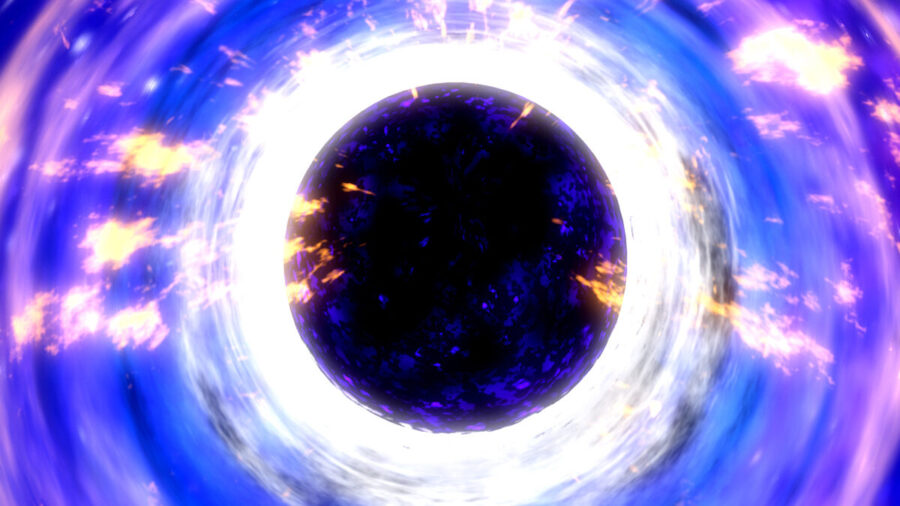Time Travel Through Wormholes Now Possible?

Whether you find yourself laying awake at night crippled with anxiety regarding the embarrassing errors of your past, or just love Christopher Nolan’s non-linear storytelling, you may be shocked to learn about the latest scientific discovery. According to a recent write-up from Science Alert, time travel may actually be achievable, using the powerful time dilation of interstellar wormholes.
The science Christopher Nolan used for Interstellar’s time travel were based in reality, and now new research has proved it’s possible.
Time travel has long been one of science fiction’s most fascinating concepts, leading to hundreds of incredible pop culture explorations into the idea that a person could go back through time and change history as we know it. According to recent studies conducted by a team of theoretical physicists at the University of Alberta, shortcuts through spacetime may be possible.
While the real scientific applications would be a far cry from those depicted in the Back to the Future franchise, the discovery has certainly rocked the foundations of the scientific community.
The vast reaches of outer space contain many strange and foreign phenomena, resulting in thousands of unanswered questions regarding the fundamental nature of the universe for scientists to study.
One part of the study suggests that points of highly dense gravity could potentially allow masses of particles to traverse the galaxy rapidly enough to send them backward through time. In order for time travel of this nature to occur, humans would need to closely observe the behavior of a massive gravitational event, like those found in black holes.
Wormholes are a theoretical concept which has supported and simplified the argument for time travel for decades, allowing a simple solution to the mend-bending theory.
Black holes appear when a region of spacetime is beset with a gravitational field so unbearably powerful that nothing can escape its center. In these instances, light, matter, and electromagnetic waves are effectively sucked into the tear in space, and compacted into the singularity, where they become infinitely small and infinitely dense. Researchers believe the gravitational power of black holes could be exploited for time travel purposes, using transfixed points in spacetime to replicate that of a wormhole.

Wormholes are a theoretical concept which has supported and simplified the argument for time travel for decades, allowing a simple solution to the mend-bending theory. Some scientists, however, have argued that a wormhole could be feasible in space by reconfiguring the relativity of two fixed points that contain a shared mass equal to that of the singularity at the center of a black hole, offering the gravitational warp an outlet to exert its weight back outward.
Researchers believe the gravitational power of black holes could be exploited for time travel purposes, using transfixed points in spacetime to replicate that of a wormhole.
This process may not allow matter to freely move through the structure, though objects on either side of the event would remain linked, allowing humans, or human-sized objects, to experience true time travel. If scientists could implement their theory into electromagnetic fields called duality rotations, they should be capable of creating ring-shaped masses which let humans look back into the distant past of a fixed point.
Of course, a simpler version of this experiment can be done using telescopes, which allow us to look backward in time the further from Earth we go, as the light takes time to travel across the cosmos. In essence, scientists are able to look back nearly as far as the Big Bang with our most up-to-date telescopes, allowing NASA scientists to continually unlock previously unthinkable discoveries.
Though the process isn’t time travel, strictly speaking, it does help to provide a simplified look into what these Canadian scientists have been suggesting with wormholes.












